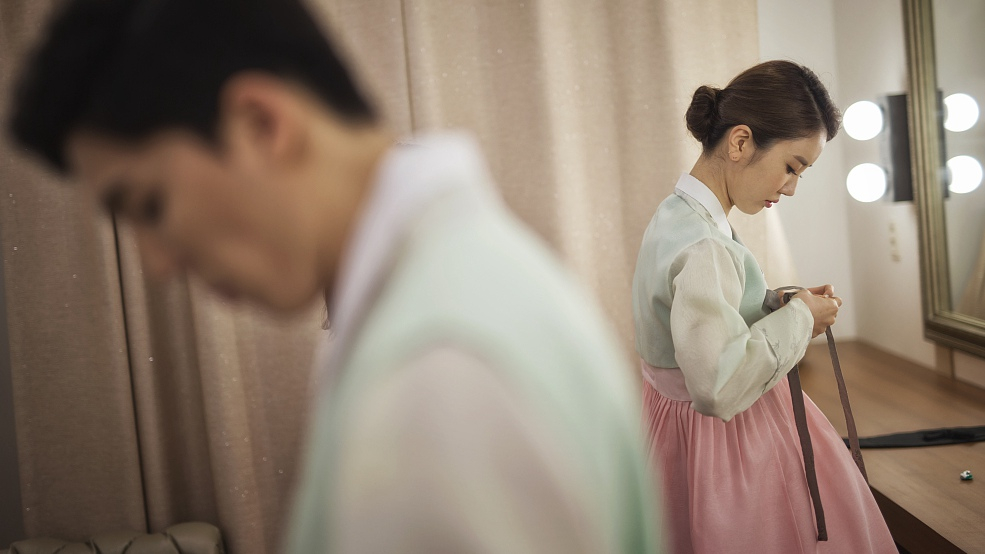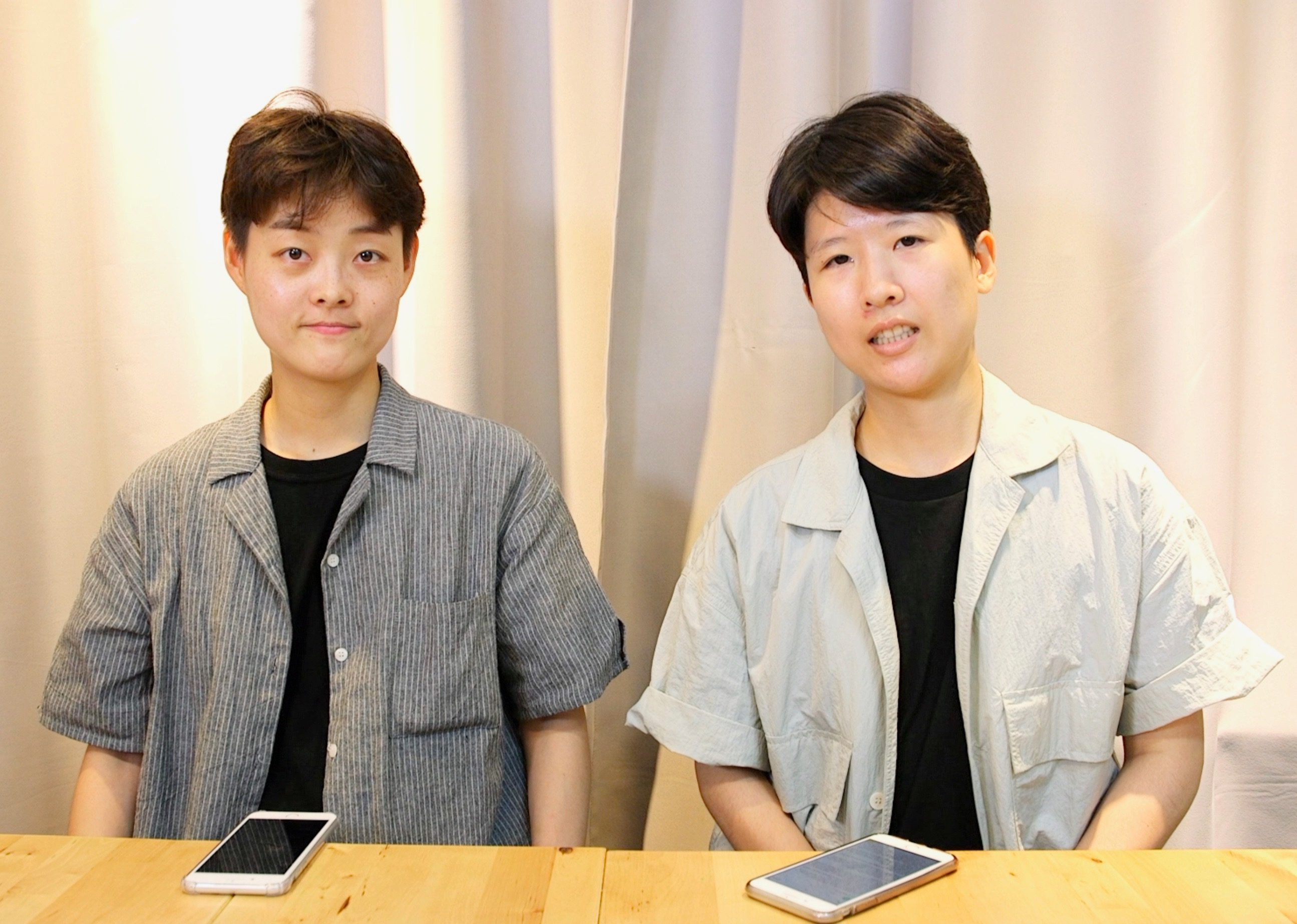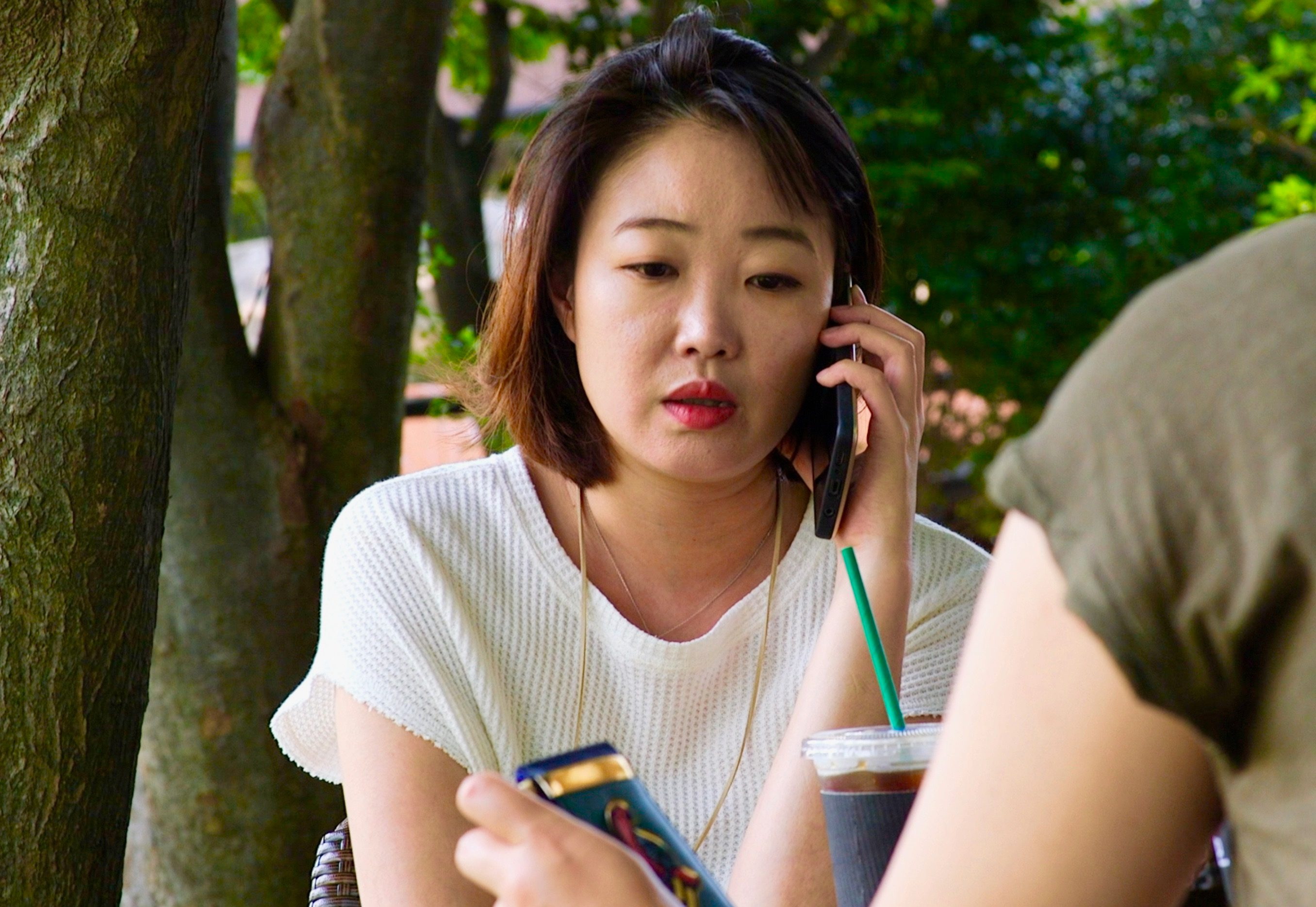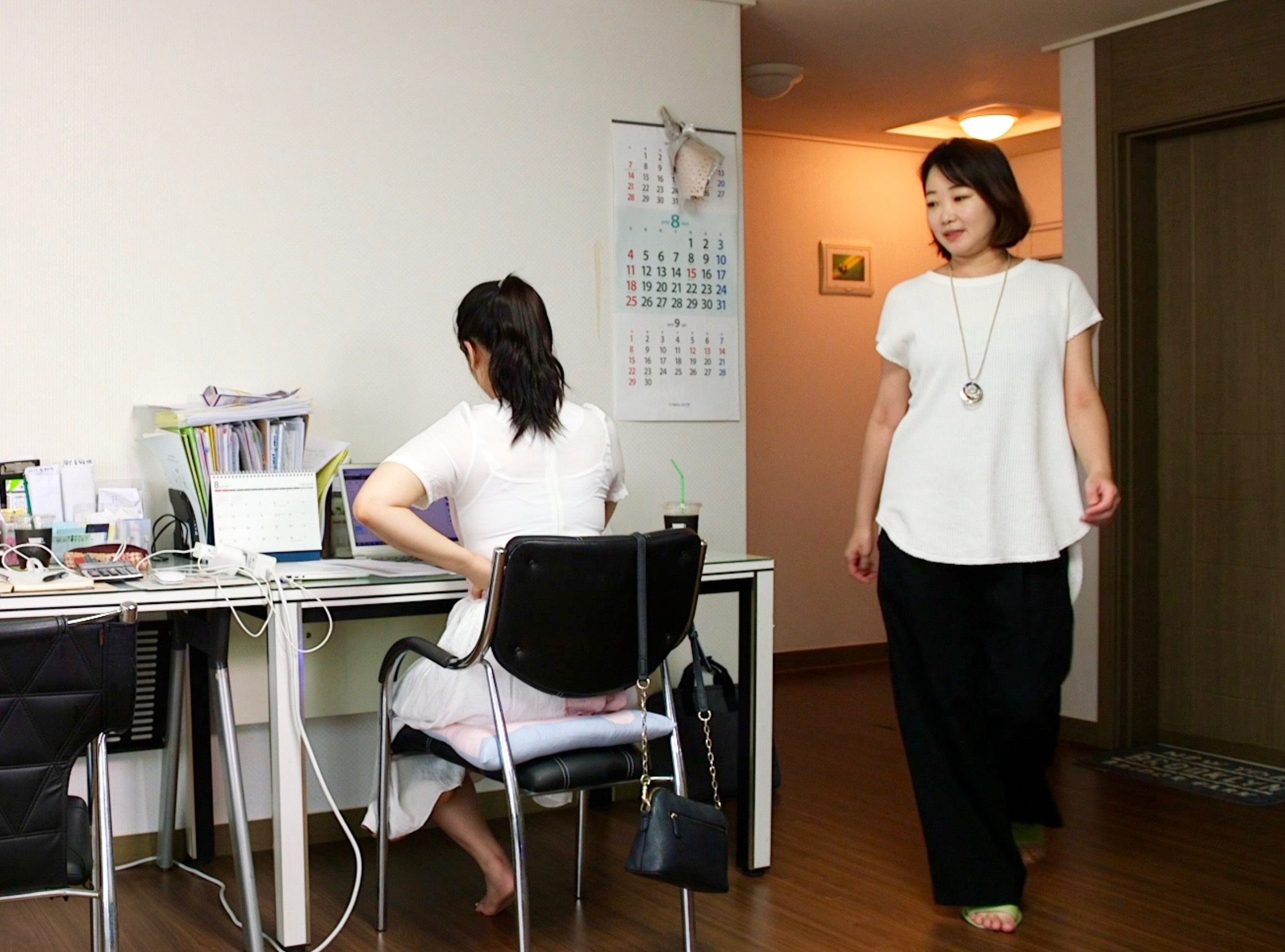

South Korea's marriage rate has fallen to its lowest level since records began in 1970. /VCG Photo
"Brainwashing," said Baek Hana, an accountant at a South Korean conglomerate as she describes her country's approach to marriage.
"Men and women usually both have jobs when they get married, but men have all the advantages. Women do get paternity leave, but then find their careers are cut off," added her friend and fellow YouTube channel host Jung Se-young, who is a teacher by day.
Baek and Jung are unashamedly anti-marriage, arguing that paternalism is not just built-in at a Korean cultural level, but also reflected in the low level of government support for working mothers.
Then there is the cost of educating a child in a country where getting a son or daughter into a good university is often the family's top priority.

Hosts of SOLOdarity Youtube Channel Baek Hana (L) and Jung Se-young. /CGTN Photo
In many ways, Baek and Jung are saying aloud things that many women appear to be thinking in South Korea, which is gripped by a stubbornly low birth rate that is expected to start declining by 2027.
39-year-old LK Seafood CEO Kang Jung-hwa said she never planned not to have children, but the time just never felt right fighting her way up the ladder in hyper-competitive South Korea.
That is also meant no marriage.
"In our country, socially, the meaning of a marriage is not only between a man and a woman but also between the men's family and the woman's family. So, I were to get married, I would naturally suffer from the pressure to have children," said Kang.

Kang Jung-hwa, 39-year-old CEO of LK Seafood, said she never had time to have children and that meant ruling out marriage. /CGTN Photo
The country's marriage rate has also fallen to its lowest level since records began in 1970.
South Korea's birthrate fell below to 0.98 percent this year, a little less than half the replacement rate.
Less than 330,000 babies were born in 2018 in a nation of 51 million people, a drop of 8.6 percent from the previous year.
"Currently, I think four or five workers support one retiree. But that figure will go down very significantly, so maybe soon it goes down to four, three. Then I think, according to some statistics, in the year 2075 it will be almost one, meaning that one worker will support one retiree," said Kim Bowon, a professor at South Korea's prestigious KAIST Business School.

Kang Jung-hwa fights her way up the ladder in hyper-competitive South Korea. /CGTN Photo
The current government has pledged to spend more money on the issue, but some of its initiatives, like match-making events and cash incentives for a first child, have been criticized as out of step.
"The government sees babies as units of future labor, and I agree with the government’s worries about the economic impact of the low birth rate. If they increase women's welfare and women's rights that will bring a higher birthrate," said Jung Se-young.
Cultural change also makes economic sense, according to some analysts.
"Childbirth outside marriage in Korea is virtually none. But if you look at European countries, children born outside of normal marriage is almost fifty percent," said Kim Bowon.

Copyright © 2018 CGTN. Beijing ICP prepared NO.16065310-3
Copyright © 2018 CGTN. Beijing ICP prepared NO.16065310-3